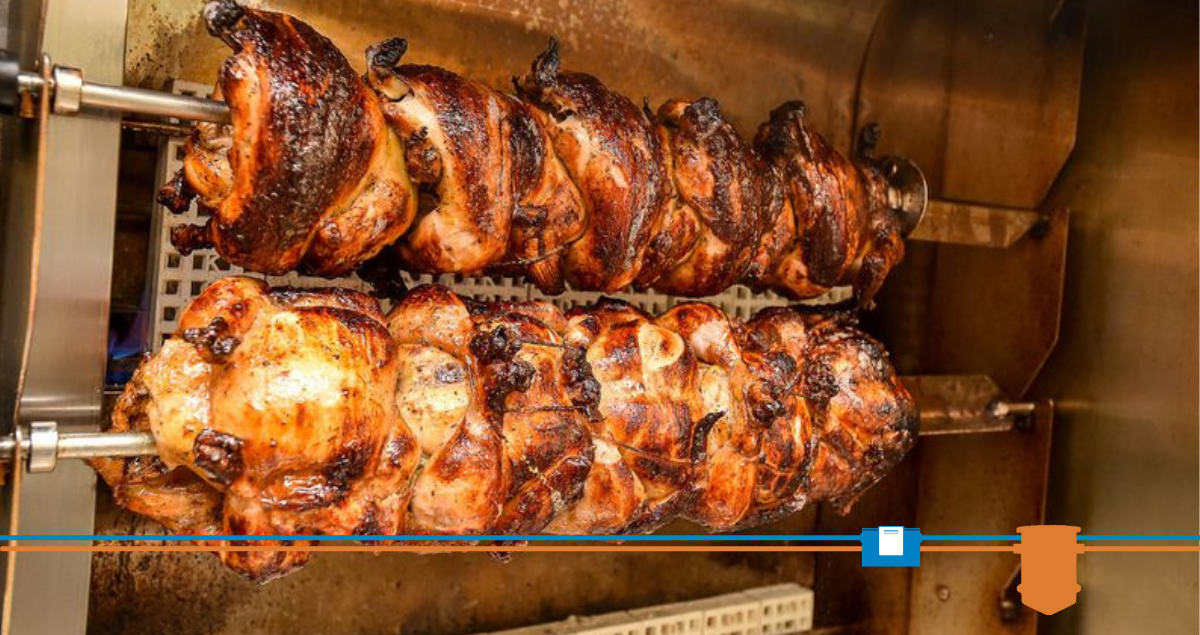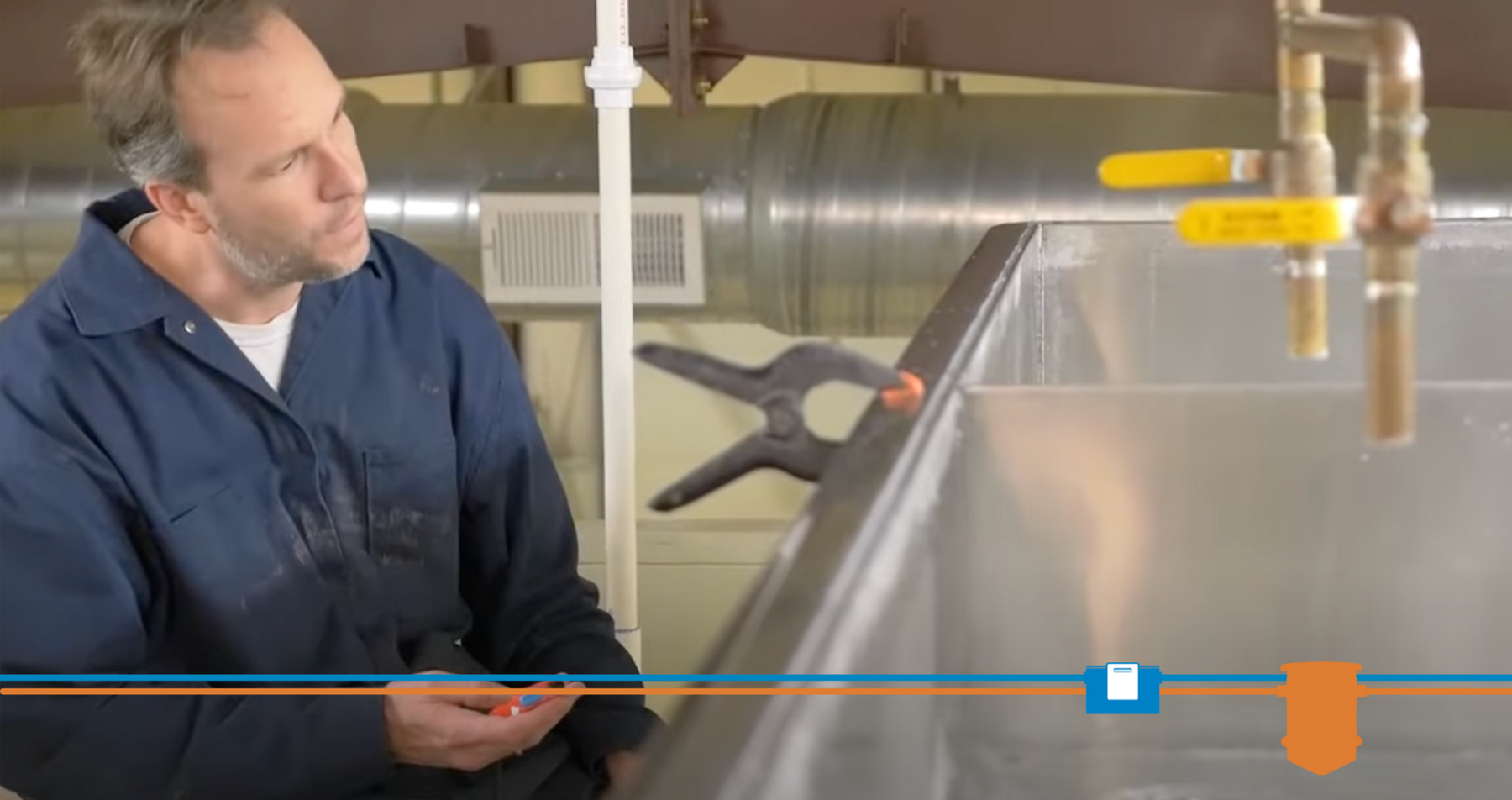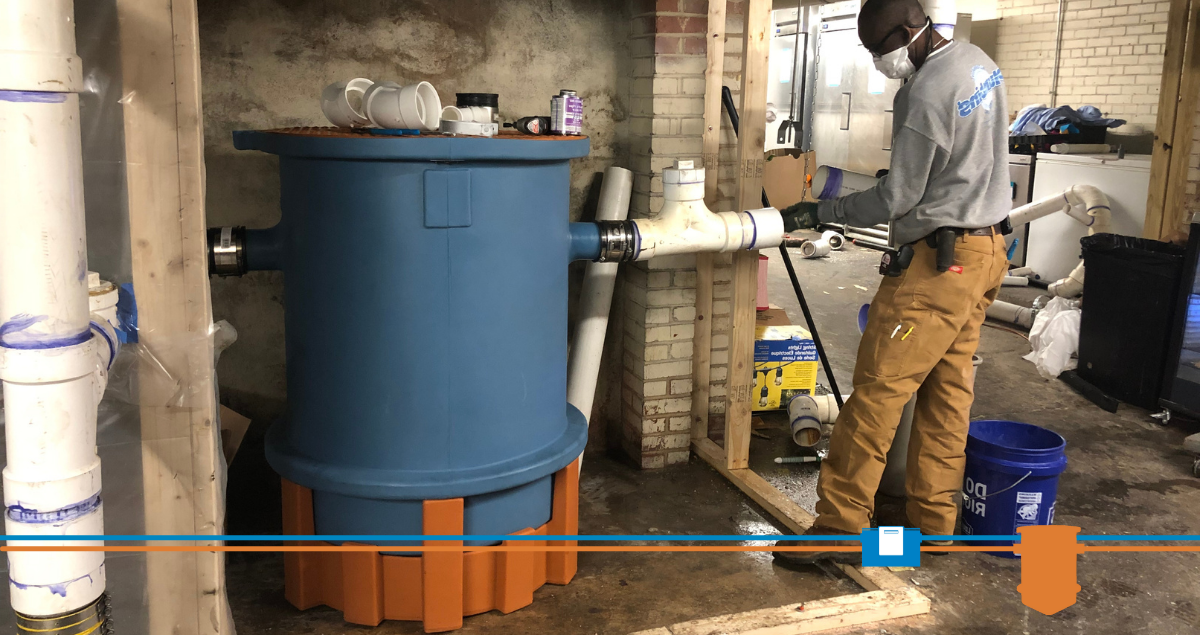THIS COLUMN COULD SAVE YOUR LIFE
- Apr 13, 2021
- 0 Comments
Long periods of inactivity hurt seals, fuel systems, and moving parts of most mechanical systems. That’s why many automobiles don’t like it. Gas-powered lawn mowers and string trimmers don’t like it. Grease separators don’t like it either.
The inactivity caused by pandemic shutdowns can make some grease interceptors more hazardous to your health. Let’s find out why by taking a closer look at what happens in separators with little or no input flows.



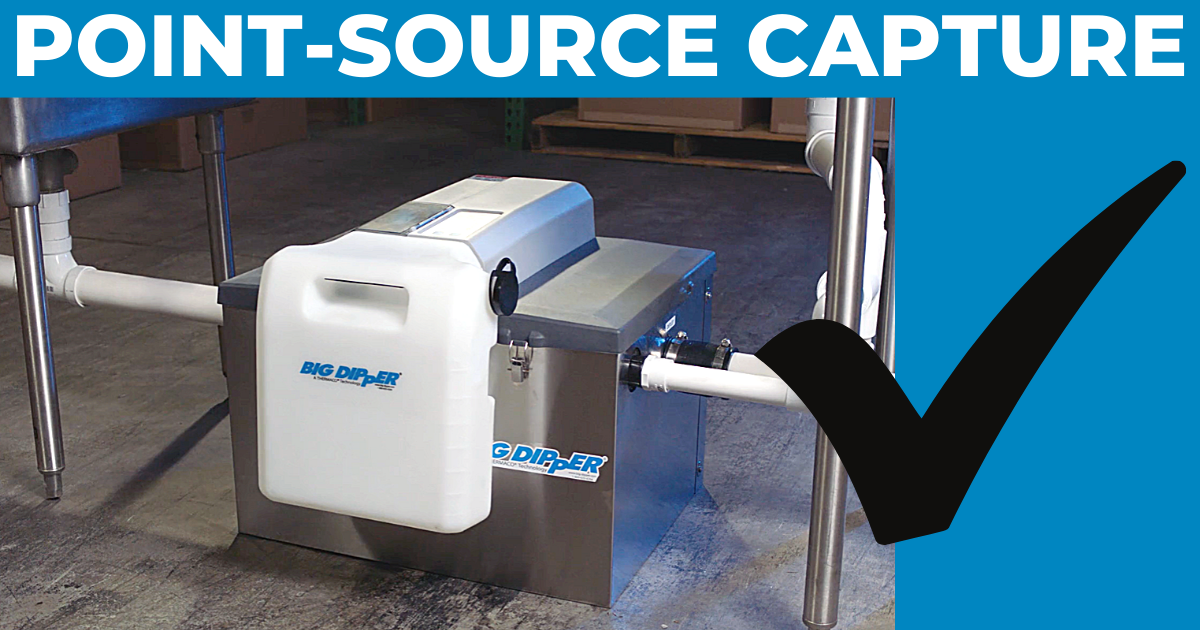
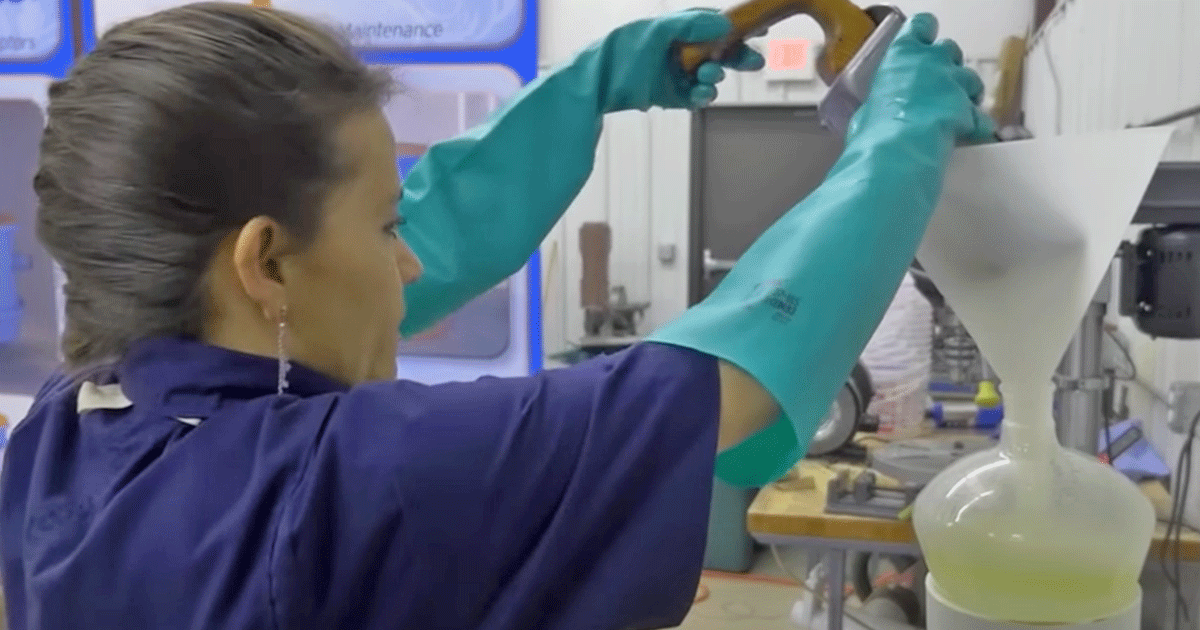
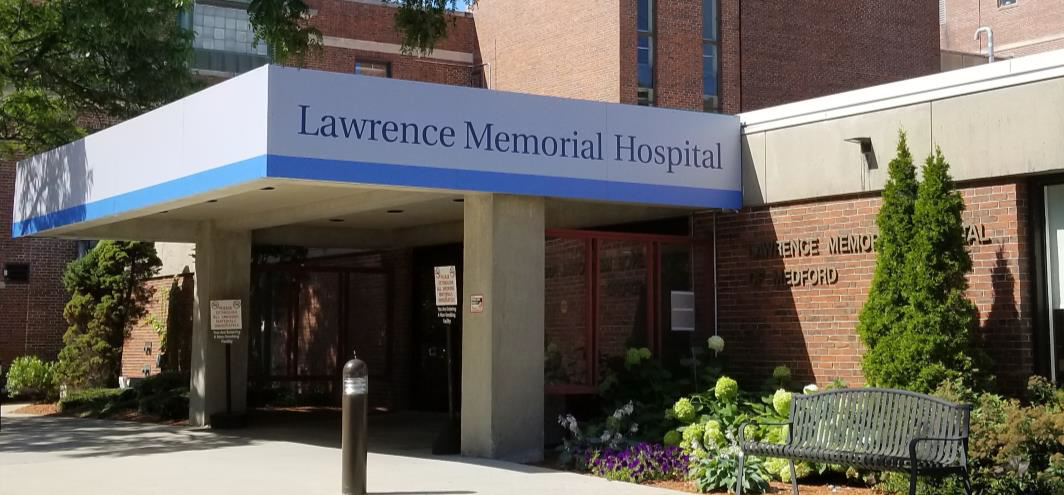 Hospitals and other health care facilities often operate extensive commercial kitchens. But unlike restaurants, hotels and other foodservice establishments, hospitals face additional cost-control, sanitation and operational challenges.
Hospitals and other health care facilities often operate extensive commercial kitchens. But unlike restaurants, hotels and other foodservice establishments, hospitals face additional cost-control, sanitation and operational challenges.
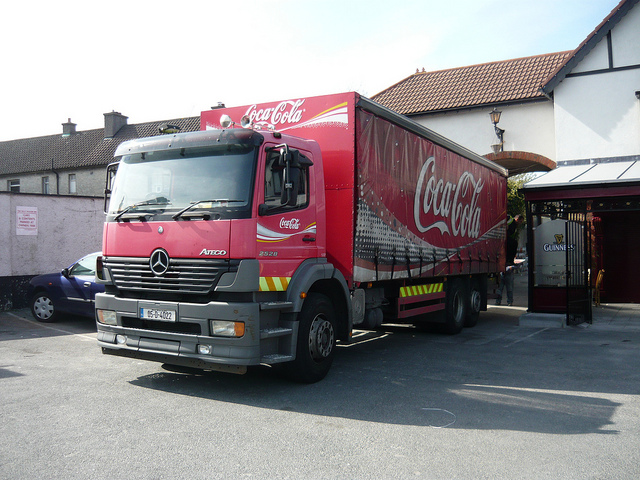 What is your plan when a city official, contractor, or engineer says a 1,000-gallon grease interceptor must be installed in your drive-through, parking lot, or another area where vehicles will be driving over it every day?
What is your plan when a city official, contractor, or engineer says a 1,000-gallon grease interceptor must be installed in your drive-through, parking lot, or another area where vehicles will be driving over it every day?  Commercial kitchen operators already know the benefits of using grease interceptors to capture used oil and grease -- cleaner sewage systems, reduced costs for wastewater treatment plants and fewer fines from municipalities.
Commercial kitchen operators already know the benefits of using grease interceptors to capture used oil and grease -- cleaner sewage systems, reduced costs for wastewater treatment plants and fewer fines from municipalities. When it comes to disposing of food waste, which works best for commercial kitchens and our waterways – garbage disposals or strainers?
When it comes to disposing of food waste, which works best for commercial kitchens and our waterways – garbage disposals or strainers?

